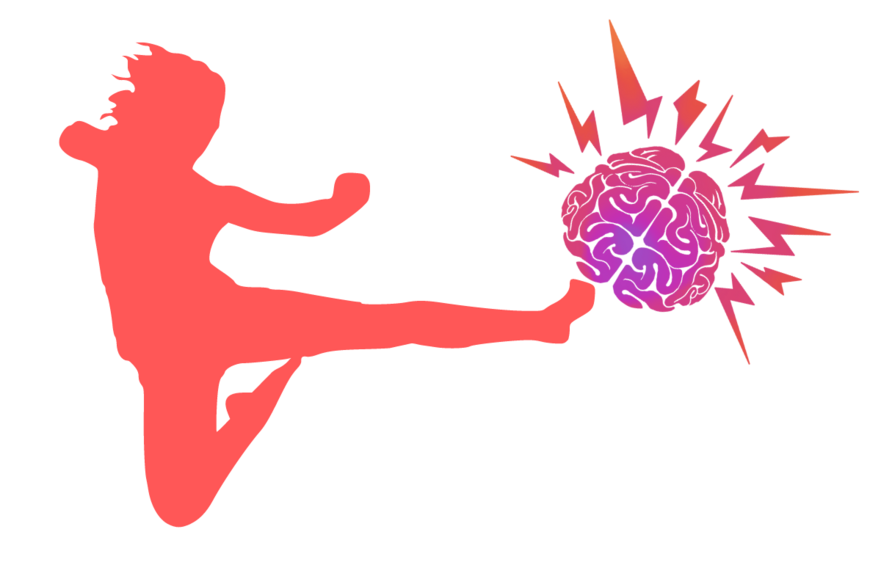The Chemical Kick that Makes Stories Stick

I'm fascinated with human behavior. When I go out into the world and have an experience, I typically end up with a story about it.
Sometimes it's a nugget of inspiration like the other night when I witnessed some amazing performances at an open mic night. Ah, such courage and dedication, I thought as I watched the varied performances. Then there's the head-scratching moments, like when I recently told someone I create animated story video and they said, "I'm not sure who really needs that." Um, what? Is that a backwards question or an insult?
Here's the thing: Our daily interactions can either build trust or they can destroy it. And we all know about the infamous "Know, Like and Trust Factor."
So, how do you build trust? The answer is: you can build trust by triggering an oxytocin release.
But that sounds weird, right? How do you trigger oxytocin without straight up hugging the person?
Turns out, there's a science to it and it involves storytelling. When you tell a story (in story structure) you can trigger that brain chemical in an audience of one or many!
Science of Trust
Neuroeconomist and author Paul Zak has conducted extensive research on the science of trust. He is best known for his work on oxytocin, a hormone that plays a crucial role in social bonding and trust. Here are a few points about his research:
- In a 2008 study, Zak found that people who were given an oxytocin nasal spray were more likely to trust strangers with their money. On average, participants who received oxytocin gave away 17% more money than those who received a placebo.
- Zak's research has shown that higher levels of trust in organizations are associated with higher productivity, job satisfaction and lower employee turnover.
- In a 2014 study, Zak found that companies with higher levels of trust had significantly higher revenue growth than companies with lower levels of trust.
- According to Zak's research, trust is positively correlated with well-being and happiness. People who report higher levels of trust also report higher levels of life satisfaction and lower levels of stress.
- Zak's research has also shown that trust can have a positive impact on physical health. People who report higher levels of trust have lower levels of inflammation, which is associated with a variety of health problems.
These are just a few bits of information on his findings on trust. There's so much more in his book, Trust Factor: The Science of Creating High-Performance Companies.
Science of Storytelling
Zak has also conducted research on the neuroscience of storytelling and its impact on the brain. Some of his findings include:
-
Storytelling can increase the levels of oxytocin, a hormone that promotes social bonding and trust. When people hear a compelling story, their brain releases oxytocin, which helps them feel more connected and invested.
-
Stories that follow a narrative arc with a beginning, middle, and end are more likely to activate the brain's reward centers and increase the release of dopamine, a neurotransmitter that is associated with pleasure and motivation.
-
Stories that evoke strong emotions, such as empathy, sadness or joy, are more likely to be remembered and shared.
-
The most effective stories are those that have a clear message. When people hear a story with a clear lesson, they are more likely to remember it and act on it.
-
Storytelling can be a powerful tool for building trust and social cohesion. When people hear stories that promote pro-social behaviors, such as cooperation, empathy, and kindness, they are more likely to exhibit these behaviors in their own lives.
Overall, Zak's research on storytelling highlights the important role that stories can play in influencing our behavior and therefore choices we make in business and life.
So, are you telling stories in a story structure to trigger the hug hormone verbally? If you're curious about how it could work for you reach out here.

0 comments
Leave a comment
Please log in or register to post a comment